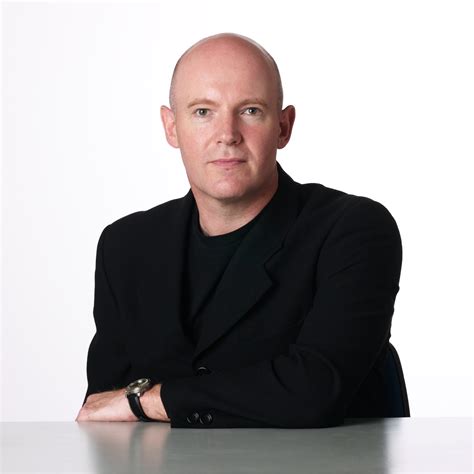Top 81 Quotes & Sayings by Julian Treasure
Explore popular quotes and sayings by Julian Treasure.
Last updated on April 21, 2025.
It's dangerous to generalise about sound because many of its effects work through association. These can be universal: we all instinctively associate any sudden, unexpected noise with danger and react with a release of fight/flight hormones, while most people find sounds like gentle rainfall or birdsong calming and reassuring.

















